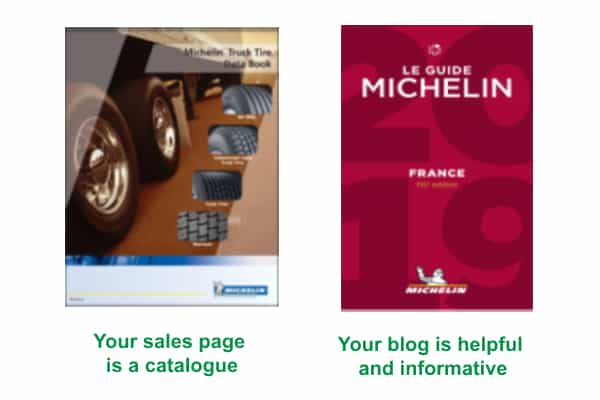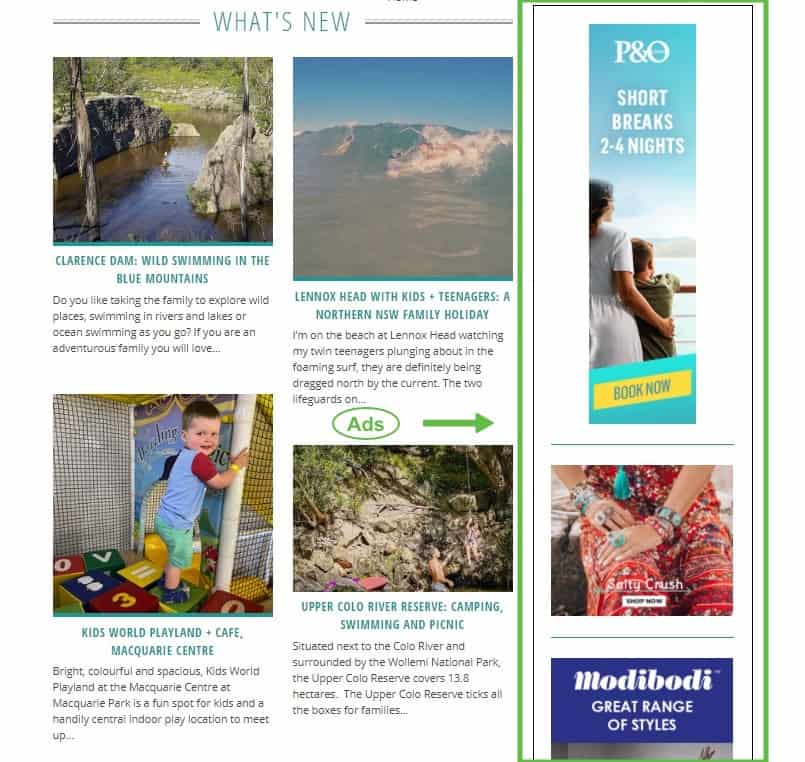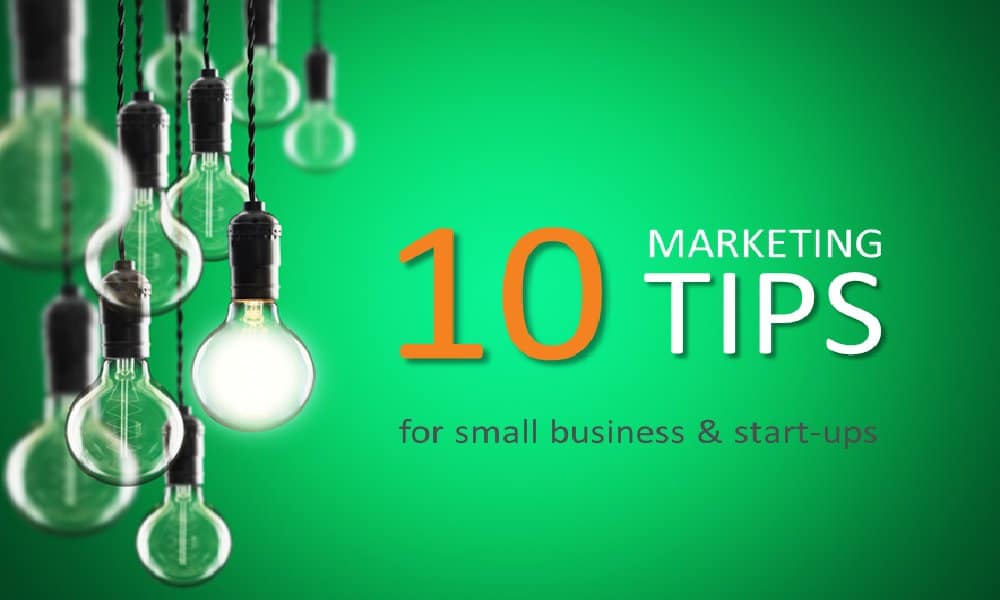Today, I’d like to talk about the difference between having a blog for your business and having a blog as your business.
These two sound very similar, but are actually quite different. When you’re looking for advice and planning your blog, it’s important to understand the difference and to know which category your blog falls into.
Your blogging business model
Let’s start by looking at the business model, specifically the revenue stream.
Blogging as a Business
When you blog as a business, you usually pick a niche and try to get loyal readers coming back again and again. But you’re not trying to turn your readers into clients.
Instead, you earn money from third parties who want to reach your audience. You can do that in a number of ways:
- You might sell advertising space on your blog pages.
- You might have an arrangement with Google Ads, in which case you earn money only when people click on those ads.
- You might have affiliate links. Imagine you review a range of products or services and your reviews include links through to the relevant sites. You earn commission every time somebody follows a link and places an order.
Blogging as a business is a similar model to a free newspaper, magazine, or online news site. People can sign up and check out lots of content for free, but when they click on the links, you as the publisher make money from the advertisers.
It follows that you want as many eyeballs as possible on each page. Each pageview is an opportunity to earn money from ads. This can lead to clickbait headlines and sensationalist content.

Blogging for Business
When you blog for your business, you have an entirely different objective. It’s not about getting as many eyeballs as possible to sell on to advertisers. It’s more about attracting a specific kind of eyeballs.
You only want to attract people who are interested in your product or service and who might become customers. The focus tends to be tighter.
Once upon a time, people saw the business blog as less like a newspaper and more like a company brochure. But in reality, that’s not the case. Your sales pages (for products or services) are your company brochure. Your business blog is more of an information or education service – which is actually the core concept and purpose of content marketing. Be helpful, build a relationship, then when people have a want or need, they’ll turn naturally to you.
So if you’re trying to blog for your business, search for content marketing information and education at least as much as you search for blogging support. Also, when you do look at resources for bloggers, run everything past a sanity check to make sure it applies to your market. This is especially important for B2B businesses – clickbait just never works!
For an example of a pre-internet ‘blog’ which followed this strategy, consider the Michelin Guides, which I’ve written about before. 100 years or more ago, Michelin aimed to provide useful information for their target market – car owner. They developed trust and positive brand recognition. They became one of the most well known and loved tyre companies. It worked very successfully for Michelin.

The amount of time you have to blog
Another key and obvious difference which many forget is time.
If your blog is your business, it’s the first focus of your available work time. You can spend hours every day writing, editing images, publishing and promoting. It’s your baby.
Most people blogging for a business don’t have that luxury of time. They have a ‘day job’ which has to be done before they can even start on the blog.
Sure, there are large corporates and multinationals with full time content marketing teams in place. HubSpot spring to mind. They publish articles every day and they publish some great articles. But for the Australian small to medium business, a full time employee dedicated to blogging is just not practical.
So how do you build a successful blog for your business when your time is limited? Here are two smart strategies.
1. Focus on quality not quantity
You don’t need to publish content all the time. You need to publish useful information and articles, consistently rather than frequently.
Of course your business blog still needs new posts. But you don’t need to do publish every day or even every week. Really useful, well optimised content once a month will give you better results than a flood of rushed and half-thought-out posts.
Bonus tip – make sure your blog format isn’t working against you. Don’t display publication dates. Avoid an ‘archive’ option in the sidebar which shows posts by month. Keep the focus on the content rather than the time it was published.
2. Think about getting help

While you still need to own and manage your blog, you don’t have to do everything yourself.
Focus on where you can contribute the most value.
- Original ideas and viewpoints
- Setting strategy
- Getting technical data correct
Then find someone else to do the rest.
- Editing and proofreading
- Uploading content
- Selecting images
- Optimising for SEO
You may have support in-house. You may have a VA. Or you may want to consider something like our voice-to-blog service to get your ideas out there more quickly.
Setting realistic goals
Whether you’re blogging already or planning to start, it’s a good idea to take a step back and create a plan.
Not just a content plan, although those are fantastic. Ask some more basic questions:
- What’s the purpose of your blog? What target market do you want to attract? How will you know you have succeeded?
- How much time can you commit to your blog? And how will you manage that effectively around the rest of your business?
- What parts of blogging will be easiest and hardest for you? Some people have lots of ideas but hate writing. Some love writing but hate technology. Some have great images and can edit, crop and resize like a pro. Others can’t take a photo without the whole phone shaking. And we haven’t even mentioned keyword research, SEO and promotion.
- Where can you get help with the bits which aren’t so easy for you? Can you build a team in-house, or do you need external help?
If you’re stuck or unsure, we may be able to help – with content strategy, or with the practical process of turning your ideas into polished and published posts.
At NoBull Marketing, we generally help people who have a blog for their business, not people who want to have a blog as their business. If that’s you, why not book in a half hour chat? No charge, no obligation!








